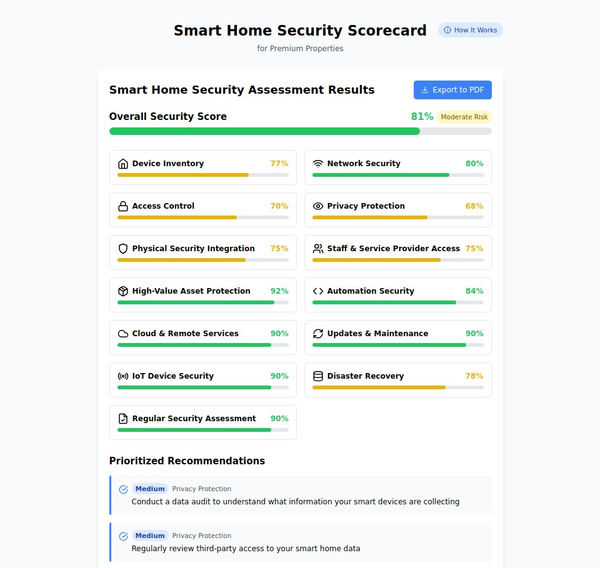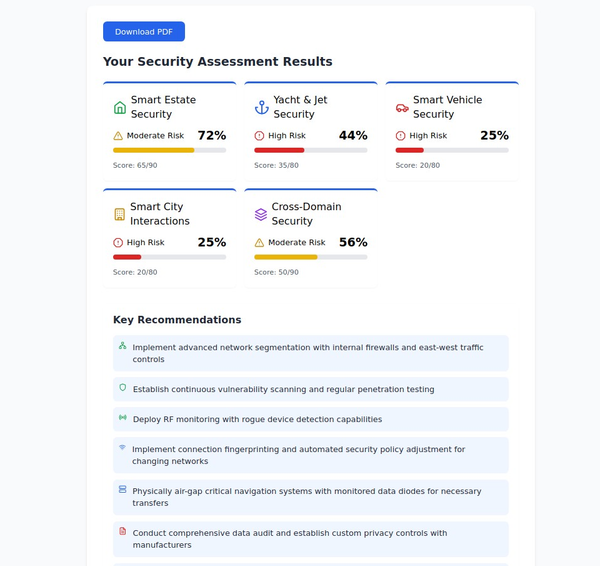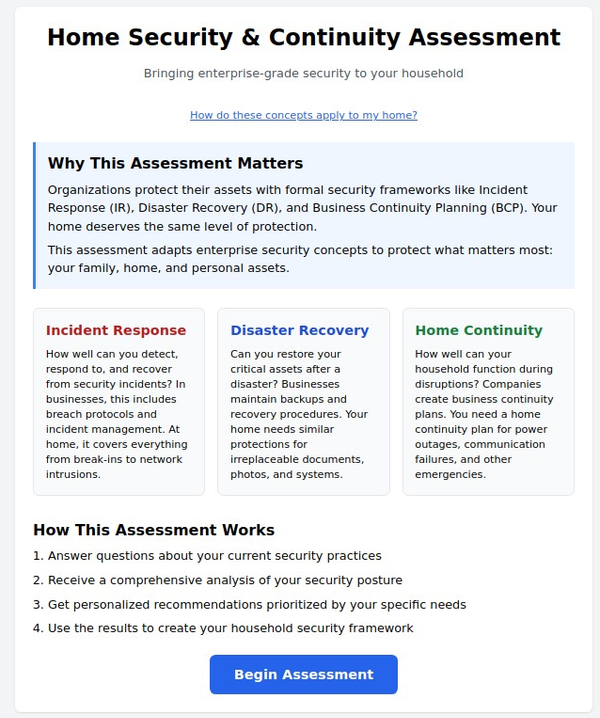The Ethics of Smart Home Surveillance: A Comprehensive Guide

Smart home surveillance is a booming industry, offering unprecedented levels of security and convenience. However, the ethical implications of using such technology are often overlooked. This article explores the ethical considerations of using smart home devices for surveillance, both inside and outside the home.
Introduction
Smart home surveillance devices, such as security cameras and doorbell cameras, have become increasingly popular. While these devices offer enhanced security and convenience, they also raise ethical questions about privacy and consent. This article aims to shed light on these ethical considerations.
Privacy Concerns
1.1 Inside the Home
Using surveillance devices inside the home can be a double-edged sword. While they offer security, they can also invade the privacy of family members and guests.
1.2 Outside the Home
Outdoor cameras can capture footage of neighbors or passersby, raising questions about their right to privacy.
Consent and Disclosure
2.1 Family Members
Is it ethical to record family members without their explicit consent? The debate is ongoing, but transparency is key.
2.2 Guests and Service Providers
If you have service providers or guests coming into your home, ethical practice dictates that you inform them of any surveillance devices.
Data Collection and Storage
3.1 What Happens to the Data?
Many smart home surveillance devices store footage in the cloud. Who has access to this data, and how secure is it?
3.2 Third-Party Sharing
Some companies may share your data with third parties for analytics or advertising, which poses ethical concerns.
Legal Implications
4.1 State Laws
Different states have different laws regarding surveillance. It's crucial to be aware of your state's laws to avoid legal issues.
4.2 Federal Laws
Federal laws also govern the use of surveillance devices, especially concerning audio recording.
Ethical Best Practices
5.1 Transparency
Always be transparent about the use of surveillance devices in your home, especially with guests and service providers.
5.2 Limitations
Limit the use of cameras to areas where they are necessary for security, avoiding private spaces like bedrooms and bathrooms.
5.3 Data Security
Ensure that your devices are secure to prevent unauthorized access to your surveillance data.
Conclusion
The use of smart home surveillance devices presents a complex ethical landscape that balances security with privacy and consent. While these devices offer numerous benefits, it's crucial to consider the ethical implications of their use. By following ethical best practices, you can enjoy the advantages of smart home surveillance while respecting the privacy and consent of others.
